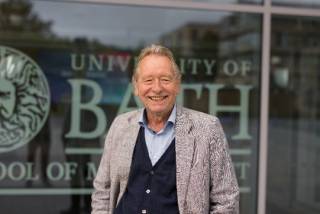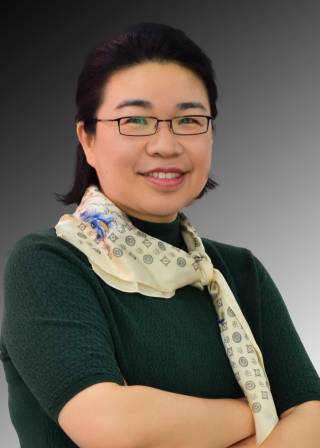Speaker: Jürgen Enders, Professor of Higher Education Management at the School of Management, University of Bath
Time: March, 29 at 13.00-14.30 (Helsinki time)/ 18.00-19.30 (Beijing time)
Abstract
For decades, students of organisations have characterised universities as a specific kind of organisation and have developed highly influential concepts addressing their limited actorhood and rationality, such as ‘organised anarchy,’ ‘garbage-can decision-making,’ or ‘loose coupling’.
This perspective has changed reflecting an on-going socio-political struggle about the institutional form of the university, i.e. re-definitions of the socioeconomic role of universities, changes in their regulation and funding as well as wider processes of the diffusion of business-inspired organisational practices into higher education. Evidence indicates that universities are transforming into ‘penetrated hierarchies’: managed organisations with stronger central leadership and strategic actorhood, introducing hierarchy and formal rule systems for the control of organisational activities and professional work; organisations who face at the same time increasing dependence on a range of external actors for vital resources like funding and prestige penetrating universities and affecting their internal power distribution and hierarchical control.
While such changes in the institutional form of universities as organisations have become an international theme, the timing as well as the breadth and depth of the transformation differ substantially across national settings. The lecture discusses the changing institutional form of universities alongside a series of papers addressing the university as a ‘complete organisation’, as a ‘penetrated hierarchy’, and as an ‘autonomous actor’.
Recommended readings:
Brunsson, N., & Sahlin-Andersson, K. (2000). Constructing organizations: The example of public sector reform. Organization Studies, 21(4), 721-746.https://journals.sagepub.com/doi/pdf/10.1177/0170840600214003
De Boer, H. F., Enders, J., & Leisyte, L. (2007). Public sector reform in Dutch higher education: The organizational transformation of the university. Public Administration, 85(1), 27-46. https://onlinelibrary.wiley.com/doi/pdf/10.1111/j.1467-9299.2007.00632.x
Seeber, M., Lepori, B., Montauti, M., Enders, J., De Boer, H., et al. (2015). European universities as complete organizations? Understanding identity, hierarchy and rationality in public organizations. Public Management Review, 17(10), 1444-1474. https://www.tandfonline.com/doi/pdf/10.1080/14719037.2014.943268
Bleiklie, I., Enders, J., & Lepori, B. (2015). Organizations as penetrated hierarchies: Environmental pressures and control in professional organizations. Organization Studies, 36(7), 873-896. https://journals.sagepub.com/doi/pdf/10.1177/0170840615571960
Speaker bio:
 Jürgen Enders is Professor of Higher Education Management at the School of Management, University of Bath. His academic interest is focused on the study of institutional change in the field of universities, and their role in society and economy.
Jürgen Enders is Professor of Higher Education Management at the School of Management, University of Bath. His academic interest is focused on the study of institutional change in the field of universities, and their role in society and economy.
He is member of the editorial board of the book series ‘Higher Education Dynamics’ and the journal ‚Higher Education’. He has written and (co)edited 15 books and published more than 140 articles in books and journals including Organization Studies, Public Management, Public Management Review, Studies in Higher Education, Higher Education and Scientometrics. Elsevier and University of Stanford released data has recently named him among the top 2% of most highly cited academics in the world in the social sciences.
Jürgen is member of the University of Oxford based Center for Global Higher Education funded by the UK’s Economic and Social Science Research Council. He is a Fellow of the Academia Europaea and of the German Academe of Science and Engineering, and Honorary Fellow of the Society for Research in Higher Education.
Google Scholar: https://scholar.google.co.uk/citations?user=nJtreYUAAAAJ&hl=en&oi=ao
Moderator:

Dr. Po Yang is an associate professor with tenure, chair of Department of Economics of Education and Administration, at the Graduate School of Education, Peking University, and a research fellow at China Institute of Education Finance Research, Peking University. She serves as the vice president of China Association of Education Finance Research, and has been working as consultant for the World Bank, Asian Development Bank, and Ford Foundation. Her main teaching and research areas of economics of education, education finance, and vocational and technical education reform evaluation. She has working experiences in leading research universities in the U.S.A., and the Netherlands. She has published in peer reviewed SSCI journals and received research grants from China’s National Science Foundation and Ministry of Education
Cover photo by Saqib Iqbal Digital on Unsplash

